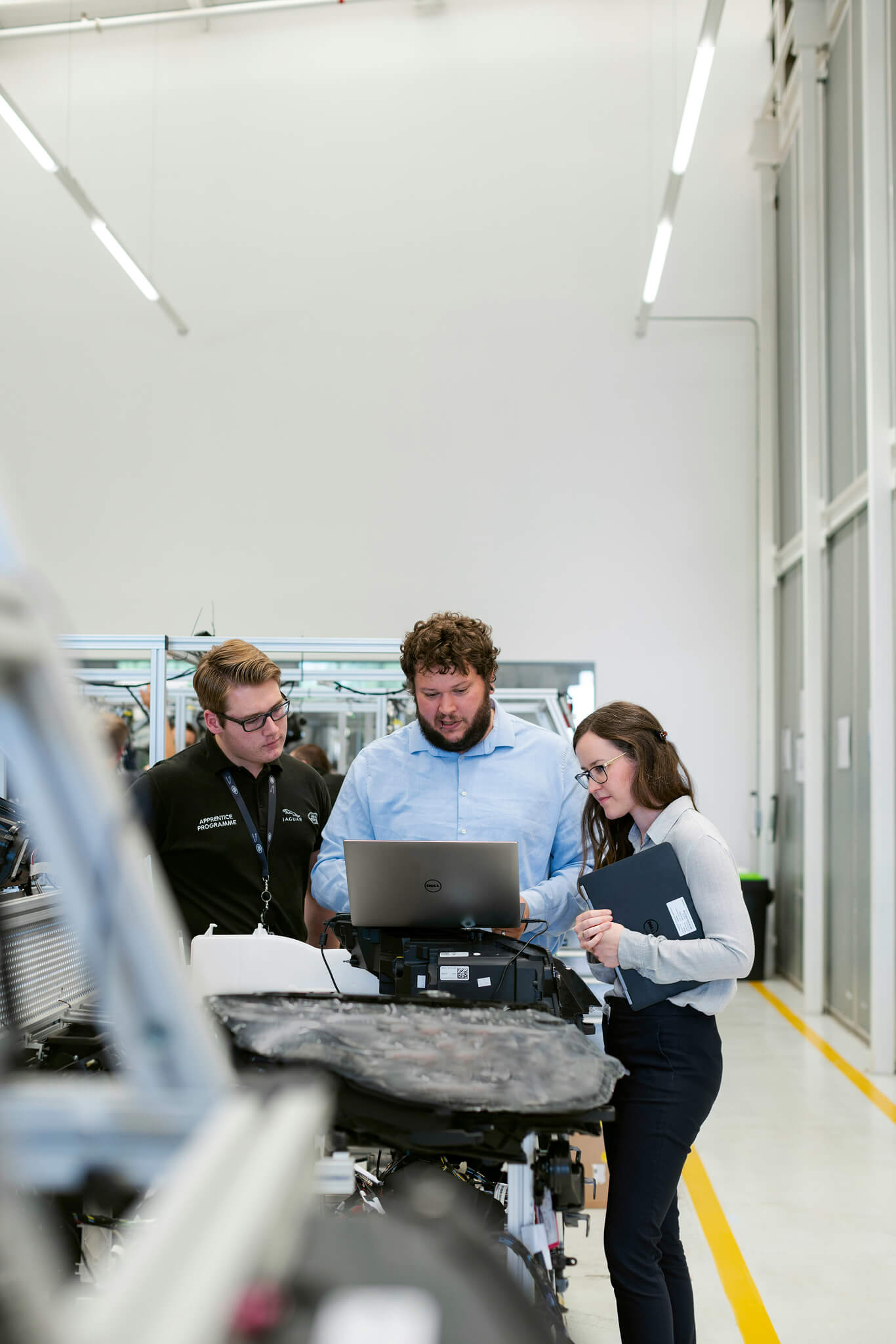Driving sustainability is easy when it boosts your brand and bottom line. But when conditions change many smaller businesses start to pull back. Not because they don’t care, but because they lack resources. That’s why sustainability tools for small businesses need to be simple, affordable, and built for everyday realities.
If we want sustainability to scale we can’t rely on heroics. For many SMEs, every customer matters and every contract is critical for survival. We need systems that make sustainability practical and profitable. Then it goes from being a luxury to a driver of resilience and long-term business health.
From passion projects to scalable progress
For every successful initiative powered by a passionate individual, there are many that quietly fade when that person leaves. Passion is powerful, but it’s not enough. We need sustainability to be structured, measurable, and built to last. That means:
- Tools that make it easy to understand, measure, and follow up on sustainability actions.
- Support that’s anchored in the whole organization, not just one or two internal champions.
- A clear connection to the core business, making sustainability part of the strategy.
This is where sustainability tools for small businesses play a critical role. They make it possible for smaller companies to move from climate ambition to climate action, without needing in-house experts or large-scale resources.

Why banks must back sustainability tools for small businesses
One way to create real momentum is to activate the institutions that already work with thousands of small businesses: banks and insurance companies. These organizations have reach, resources, and strong relationships. They also have real incentives to help drive change: regulatory pressure, risk mitigation, and growing demand from customers and investors.
With the right sustainability tools for small businesses, banks can play a key role in the transition. They can become more than financiers. They can become guides, enablers, and partners in climate progress.
We can and should expect more from these actors. They’re uniquely positioned to offer support at scale, and when equipped with effective digital tools, they can help businesses take the next step.
From inspiration to implementation
We talk a lot about wanting to do the right thing, but the real challenge is building systems that make the right thing possible. That means designing tools and solutions for the way businesses actually operate.
Here, the financial sector plays a central role. Banks have the infrastructure, client relationships, and data to scale sustainable practices across industries. And because every company depends on its bank, banks can influence behavior. Not by lecturing, but by guiding and enabling.
Banks can support their SME clients in their climate work through well-integrated, accessible tools that don’t require deep ESG knowledge. And through built-in sustainability advisors like the Financed Emissions Platform – for SMEs, it can happen right where businesses already manage their finances.
With the right sustainability tools for small businesses, there’s no need for heroism
Behind every climate target lies an opportunity: stronger business models, healthier communities, more resilient teams. Cutting emissions reduces risk and circular practices build adaptability.
This is solid business logic. Companies with sustainable practices often outperform their peers. They’re more attractive to investors, adaptable to change, and resilient in uncertain times. And employees who feel their work has meaning tend to be happier, healthier, and more productive.
We need to reframe the transition for what it truly is: an investment in the competitive edge of tomorrow. Courage is important, but it shouldn’t be the price of entry. With the right sustainability tools for small businesses, we can move beyond individual heroics and build real, lasting change.
Related posts:
Share this Post



